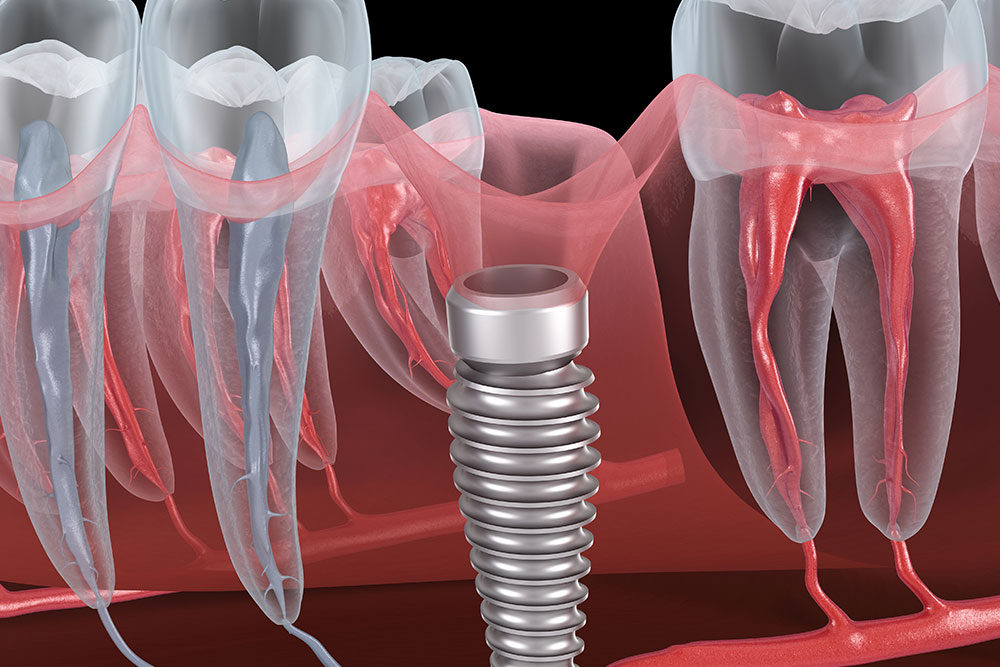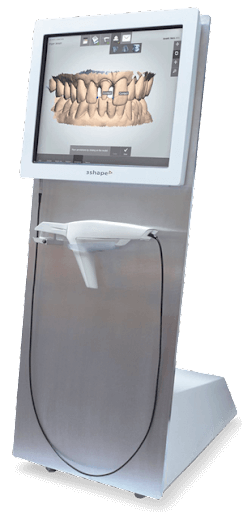The implant looked perfect on the X-ray. Its placement was spot on, and healing was smooth. Yet, something felt off when the final crown was seated. The soft tissue hadn’t adapted quite right, and the result didn’t match the natural gum contour of the adjacent teeth.
This is where the emergence profile becomes a game-changer. Beyond just placing the implant in the right position, shaping how a restoration meets the gumline can be the difference between a functional implant and one that truly looks and feels like a natural tooth. If you want lasting aesthetics and tissue health, properly adjusting the emergence profile is essential.
What Is the Emergence Profile?

The emergence profile refers to the shape of the crown or abutment as it rises from the implant platform through the gum tissue. This contour is critical because it determines how the surrounding tissue will adapt and heal. Done right, it mimics the way natural teeth emerge from the gums, resulting in a lifelike, functional restoration.
There are two key components:
- Subgingival emergence profile: From the implant platform to the free gingival margin
- Supragingival profile: From the gum line up to the crown
Why Adjusting the Emergence Profile Matters
Without a well-shaped emergence profile, implants may look bulky, cause soft tissue collapse, or lead to poor hygiene access. On the other hand, a properly adjusted profile:
- Promotes soft tissue stability
- Enhances esthetics, especially in anterior restorations
- Reduces plaque accumulation and inflammation
- Supports long-term implant success
Techniques for Adjusting the Emergence Profile
1. Use of Custom Healing Abutments
Start by shaping the tissue early with custom healing abutments. These are tailored to match the final crown’s contours, encouraging the gum tissue to adapt gradually and predictably.
2. Provisional Crowns
Provisional restorations are critical for fine-tuning the emergence profile. You can progressively modify the contour of a temporary crown to guide tissue growth until you achieve the desired shape. This also gives the patient a preview of the final aesthetics.
3. Digital Planning
Digital workflows allow for precise emergence profile design before the implant is ever placed. At Next Dental Labs, we support digital planning to help you design abutments and provisionals that match both the anatomical and esthetic demands of the case.
4. Soft Tissue Management
Work gently around the soft tissues. Techniques such as platform switching and subcrestal placement can offer more flexibility for sculpting the emergence profile over time.
Working With the Right Lab Makes a Difference
Not all labs are equipped to support nuanced implant restorations. That’s why we focus on collaboration—whether you need custom abutments, screw-retained provisionals, or layered zirconia crowns with ideal contours, we’ve got you covered.
When you send us your scan or impression, our team helps ensure that the emergence profile implant strategy aligns with your clinical goals and patient expectations.
Set the Stage for Long-Term Success
Getting the emergence profile right isn’t just about appearances—it’s about protecting your implant investment for years to come. By taking the time to adjust it properly, you improve aesthetics, promote healthy tissue, and reduce complications down the road.
At Next Dental Labs, we’re here to support your implant cases from planning through final delivery, with quality and pricing that keep your practice growing.

